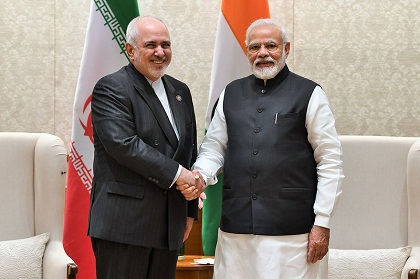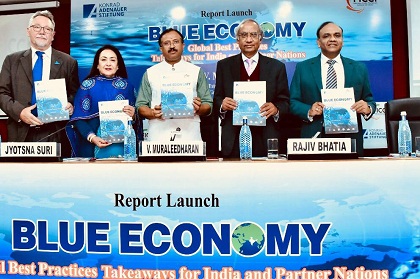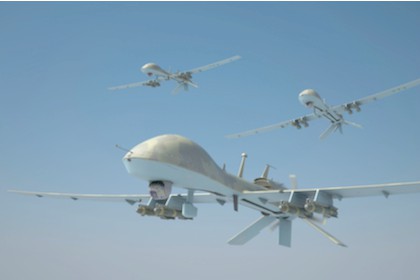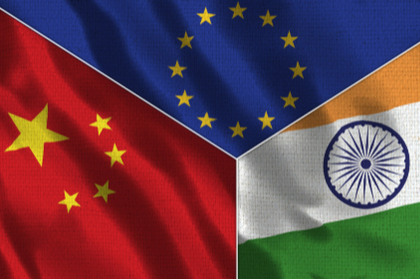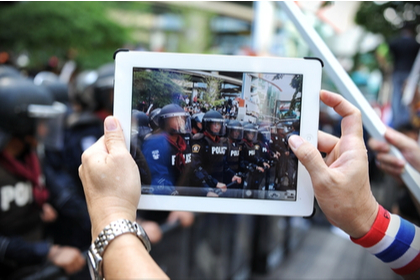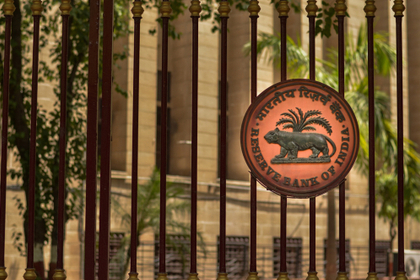A new normal for Iran
India-Iran ties span culture, economics and geopolitics. Iran is one of India’s most important neighbours and must be viewed on its own standing, not through a Western prism. Gateway House has an extensive repository of research and reporting on Iran, ranging from India-Iran historical ties, Iran’s role in India’s energy security and the impact of U.S. sanctions on Iran and on India, which helps to better understand this crucial nation.

